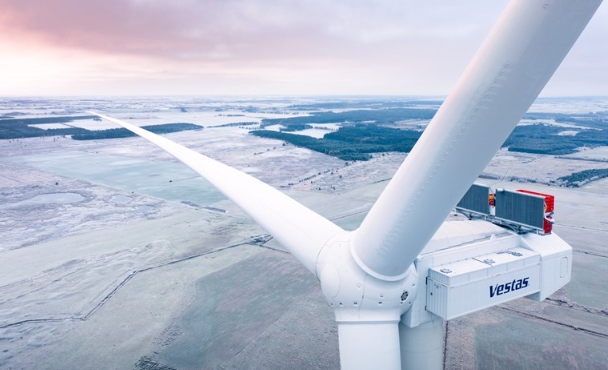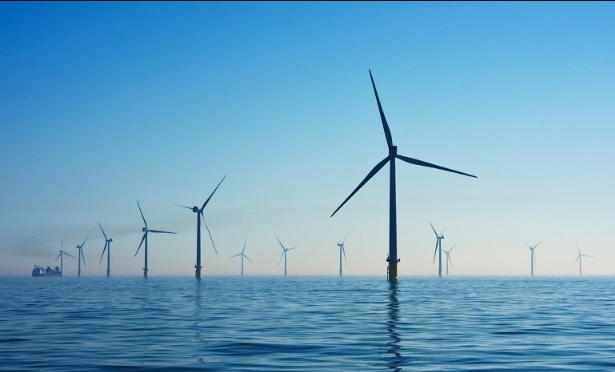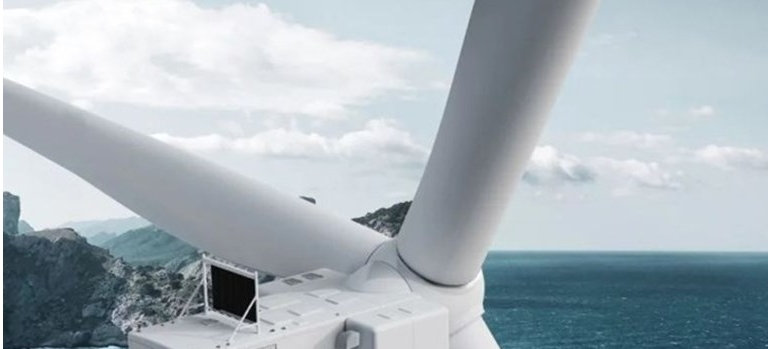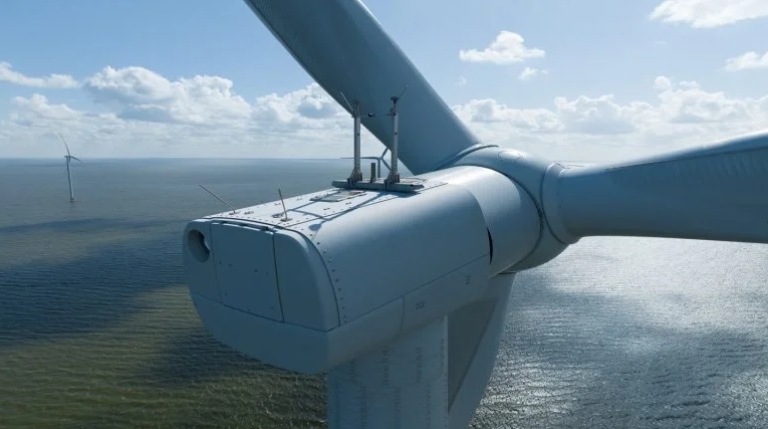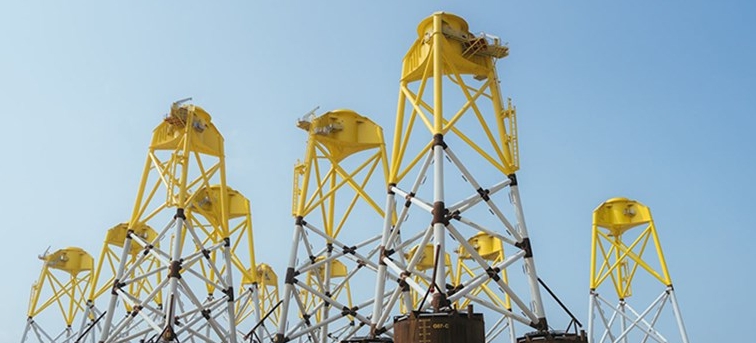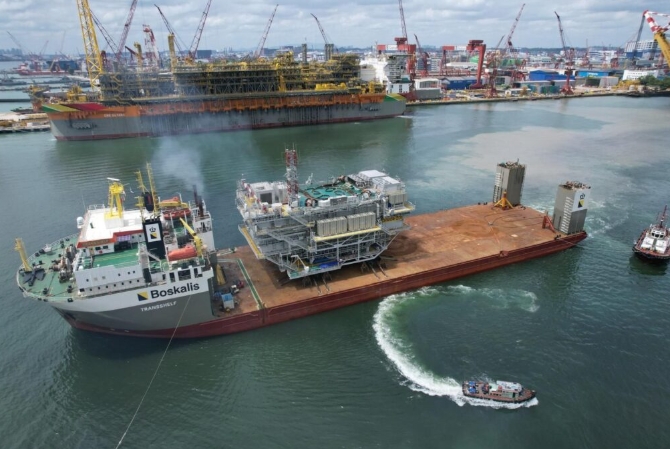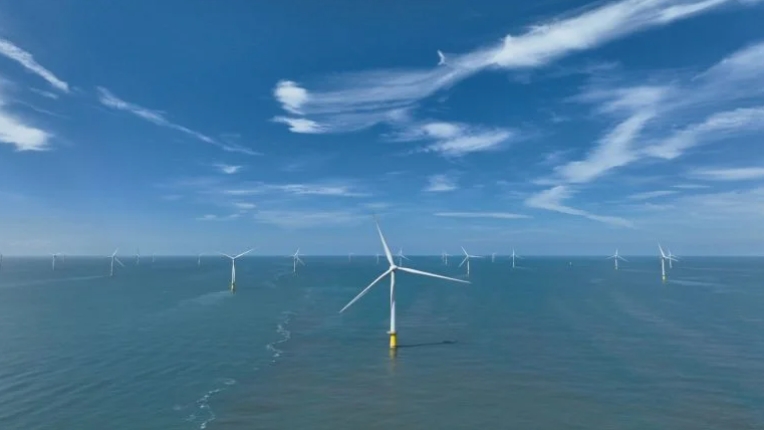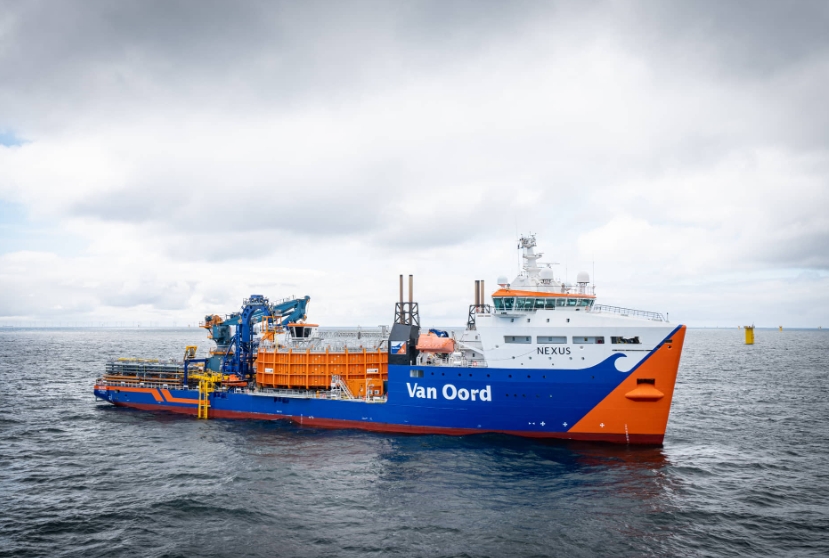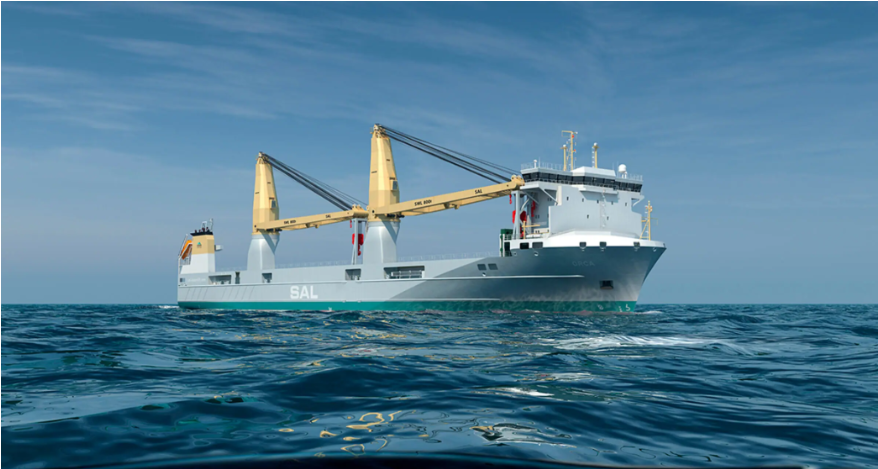
The expected delivery date for the first vessel is 5 July 2024, SAL Heavy Lift said in a social media post. The delivery date for the second vessel has not been specified.
Christian Johansen, Global Commodity Manager – Ports & Transportation, Offshore at Siemens Gamesa Renewable Energy, said: ”We are excited to continue and build on our strategic partnership with SAL Heavy Lift with their Orca Class programme. We see their ultra-efficient profile and carbon-neutral potential as a perfect fit with our aim of decarbonising our supply chain. As companies, we share a lot of the same values – and we are happy to embark on this journey together with SAL.”
The vessels measure 149.9 m x 27.2 m and provide a capacity of 14,600 dwt. Despite their compact outer dimensions, the vessels have a box-shaped single cargo hold with the largest dimensions in its class, the partners said. Provided the hatch covers with a capacity of 10 t/m² are utilised for stowing super-heavy deck cargoes, such as 3,000 t cable carousels, the vessels can accommodate over-height cargo in the hold and sail with open hatch covers up to full scantling draft.
Thomas Mortensen, Head of Transport Project Execution, Offshore at Siemens Gamesa Renewable Energy, said: ”We are especially impressed with the flexibility these new vessels represent. Our business is complex, challenged by rapid globalisation as well as the increasing size and weight of our turbine components. The need for flexibility is higher than ever, and the Orcas meet several of our anticipated medium- to long-term transportation challenges. Best-in-class intake, speed and lifting capabilities are all key factors in our decision to work with SAL on the two first Orcas.”
Ice class notation 1A, a Polar Code certification, and the reduced design temperature of the hull and equipment allow the ships to safely operate in cold conditions as well, the partners said.
Two 800 t Liebherr cranes specifically designed for this ship type can handle cargo items weighting up to 1,600 t in tandem.
”Despite extremely high crane pedestals of more than 11 m, the overall crane height and thereby the vessel’s air draft remains at just about 38 m. This makes it possible for the vessel to pass Kiel Canal and enter strategically important ports worldwide,” said Sebastian Westphal, CTO at SAL Heavy Lift.
”The fully electric cranes are perfect for the vessel’s intelligent energy management and recovery system. This is based on a battery storage system that can be used together with conventional gensets in hybrid mode, or in combination with the vessel’s shore power connection for fully electric port operations.”
The vessel design was developed in house and in close cooperation with Jumbo Shipping, SAL heavy Lift said.
Jakob Christiansen, Head of Research & Development, Retrofit & Newbuilding at SAL Heavy Lift, said: ”We developed and optimised various vessel details, especially in relation to the hull form and propulsion system, in close cooperation with the renowned Naval Architecture faculty at the Hamburg University of Technology. Recent tank performance tests revealed that we have created one of the world’s most efficient hull forms for a vessel of this size – outmatching all existing heavy lift and MPP vessels.”
In addition to the optimised hull design, the Orca vessels will have an innovative propulsion system consisting of compact and efficient main engines and a diesel-electric booster function. Compared to other heavy lift vessel designs, this hybrid setup features the widest available range of economic speed settings and redundancy, according to the partners.
At a service speed of 15 kn, the vessels will consume significantly less than 20 t of fuel oil per day – similar to far smaller-sized and geared MPP vessels. Alternatively, the vessels will be able to trade at a slow, ultra-efficient speed of 10 kn at 6 t while still being able to reach a maximum speed of 18.5 kn for urgent deliveries – if a wind farm installation vessel is waiting for an urgent component delivery, for example.
The vessels are equipped with dual-fuel engines, which means that they can use methanol as an alternative fuel. If green methanol becomes available in key ports as anticipated towards the end of the decade, the Jumbo-SAL-Alliance will be able to offer their customers carbon-neutral transport solutions – a defined environmental protection goal that both companies share.
